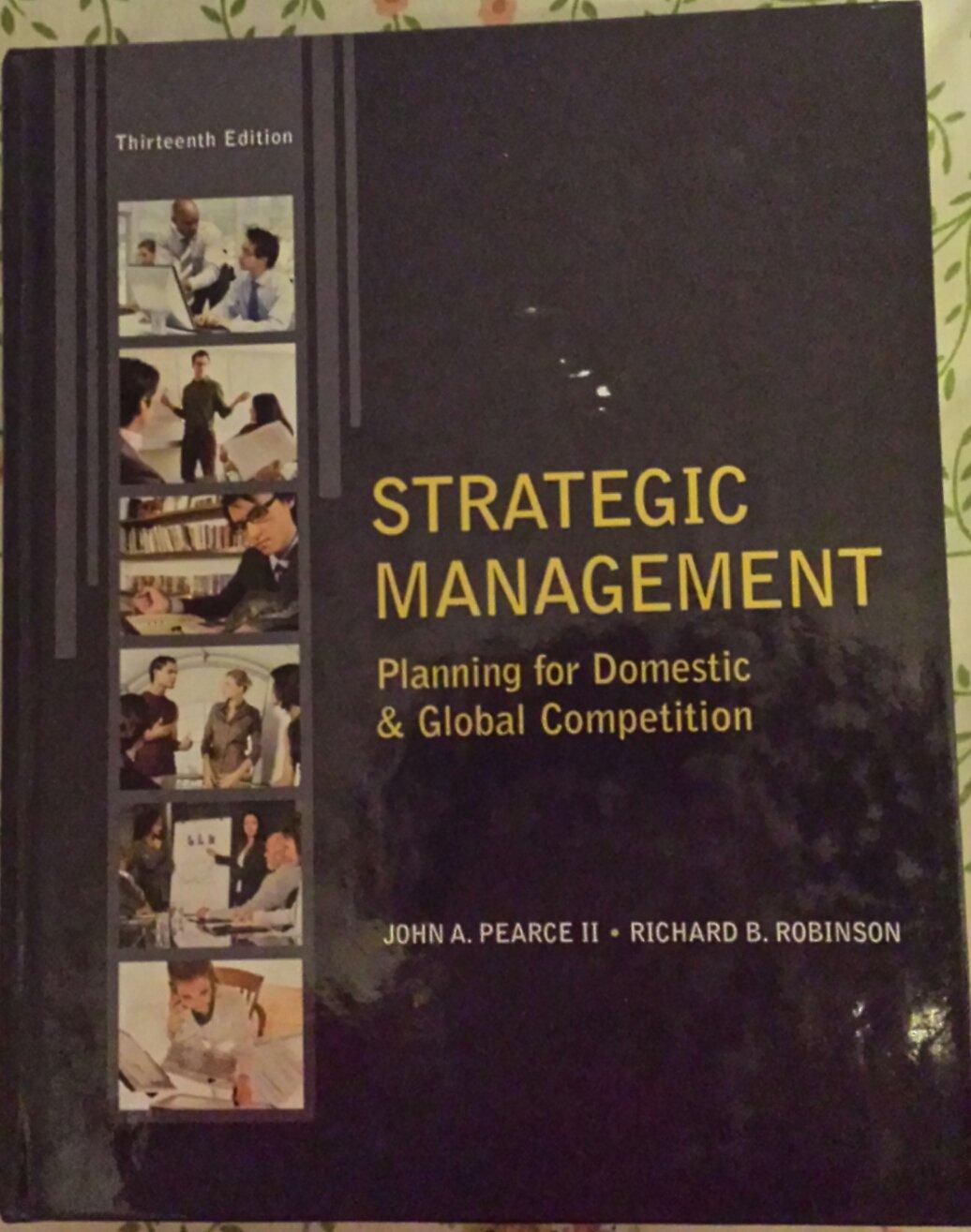Question
In the case: Angelo LaRossa experienced a very successful four years as western sales representative for Majestic Sound Systems, a national manufacturer and distributor of
In the case: "Angelo LaRossa experienced a very successful four years as western sales representative for Majestic Sound Systems, a national manufacturer and distributor of high-quality car audio systems and components. In December 1997, Angelo, at age forty-one, had been hired away from Magnum Stereo, Inc., a competitor of Majestic. At Magnum Stereo, Angelo had acquired a track record as a top salesperson based on his high sales goals and performance. His reputation was one of a hard driver capable of making a difficult sale.
Since joining Majestic Sound Systems, Angelo had helped boost the sluggish sales of the western region from $2.7 million in 1998 to more than $5.1 million in 2002. He continually received awards as the top salesperson at Majestics annual recognition dinners.
Angelo worked hard and was not averse to living well and spending his large commission checks on material goods. He owned a spacious home in Malibu, California, and purchased a new Cayenne sport-utility vehicle manufactured by Porsche. In fact, sales had gone so well that he caught the special attention of James Carson, Majestics Vice President of marketing and sales.
During dinner with Angelo one evening while Carson was visiting Angelos territory, Carson remarked that Angelo should invest in a new manufacturing venture recently begun by Carson and several of his business associates. The venture was a start-up company to produce car telephone equipment. Carson asked Angelo to invest $50,000 in the new company, for which he would receive 5 percent of the outstanding stock with complete voting rights. (As Angelo testified in court later, when Carson asked for the investment, it was not so much a request as a requirement. When questioned on this point by his lawyer, Angelo stated that Carsons remarks were: If I dont get the $50,000, your career at Majestic could be affected.) Angelo agreed to consider the investment opportunity, but after some lengthy investigations and evaluation he declined the offer. (Angelos attorney had two of Majestics former sales representatives testify that they also were suddenly fired after refusing to invest in Carsons side company.)
In the fifth year of Angelos employment with Majestic, his sales success and commissions declined appreciably. Shortly after he declined Carsons investment offer, Angelos sales quota for the western region was increased by 45 percent. Since high sales commissions were achieved only after meeting sales quotas, Angelos opportunity to continue his substantial salary was lowered. Furthermore, on several occasions he was refused promotional assistance and support sales services when courting new accounts. Three of these potential accounts, if the sales had been made, would have paid Angelo large commissions.
In January 2003, Angelo was suddenly called to Majestics headquarters in Phoenix, Arizona, where he was promptly fired without reason. In fact, the termination notice was served in a two-minute meeting by an individual from the accounting department. The word of Angelos termination spread quickly throughout the company and with account managers in his sales region. One account manager described Angelos behavior toward senior managers at Majestic as really mad. Furthermore, believing that his reputation as a quality salesperson and his ability to maintain his lifestyle had been unjustly affected, Angelo filed suit against Majestic in March 2003. The suit alleged wrongful discharge, denial of due process, and infliction of unnecessary distress. He sought a settlement of $1.75 million plus payment of attorney fees and other related court costs. The settlement was based on an average of Angelos yearly salary and performance bonuses during his period of employment.
During the trial, Janet Sell, Majestics attorney, argued strongly the following points: (1) Under the employment-at-will principle, Majestic need not give Angelo a reason for termination. Majestic violated no federal or state employment laws in Angelos discharge. (2) Angelo was fired solely for poor work performance and for not meeting his newly established sales quota. (3) Majestic in no way defamed Angelos reputation through his termination. Additionally, it was not possible for Majestic to adequately defend itself because James Carson had left Majestic and was currently working overseas and, therefore, was unable to testify."
3.What new policies and/or practices could a Human Resource Department implement that would better explain the legal provisions for at-will employment and could prevent similar problems/lawsuits (like Angelo's) from happening in the future?
Step by Step Solution
There are 3 Steps involved in it
Step: 1

Get Instant Access to Expert-Tailored Solutions
See step-by-step solutions with expert insights and AI powered tools for academic success
Step: 2

Step: 3

Ace Your Homework with AI
Get the answers you need in no time with our AI-driven, step-by-step assistance
Get Started


